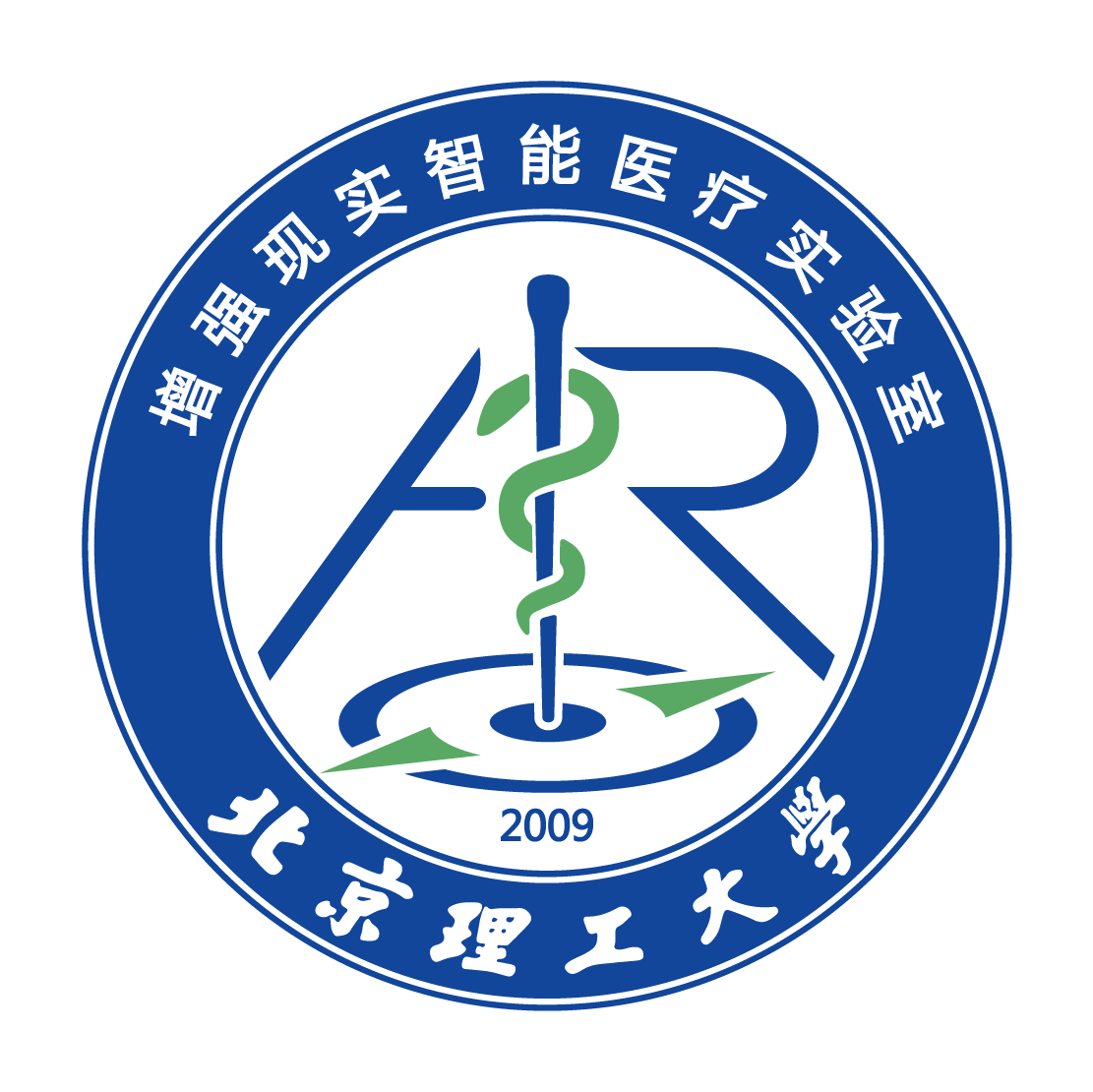Multimodal registration of ultrasound and MR images using weighted self-similarity structure vector
Abstract:
Propose: Multimodal registration of 2D Ultrasound (US) and 3D Magnetic Resonance (MR) for fusion navigation can improve the intraoperative detection accuracy of lesion. However, multimodal registration remains a challenge because of the poor US image quality. In the study, a weighted self-similarity structure vector (WSSV) is proposed to registrate multimodal images.
Method: The self-similarity structure vector utilizes the normalized distance of symmetrically located patches in the neighborhood to describe the local structure information. The texture weights are extracted using the local standard deviation to reduce the speckle interference in the US images. The multimodal similarity metric is constructed by combining a self-similarity structure vector with a texture weight map.
Results: Experiments were performed on US and MR images of the liver from 88 groups of data including 8 patients and 80 simulated samples. The average target registration error was reduced from 14.91 ± 3.86 mm to 4.95 ± 2.23 mm using the WSSV-based method.
Conclusions: The experimental results show that the WSSV-based registration method could robustly align the US and MR images of the liver. With further acceleration, the registration framework can be potentially applied in time-sensitive clinical settings, such as US-MR image registration in image-guided surgery.
